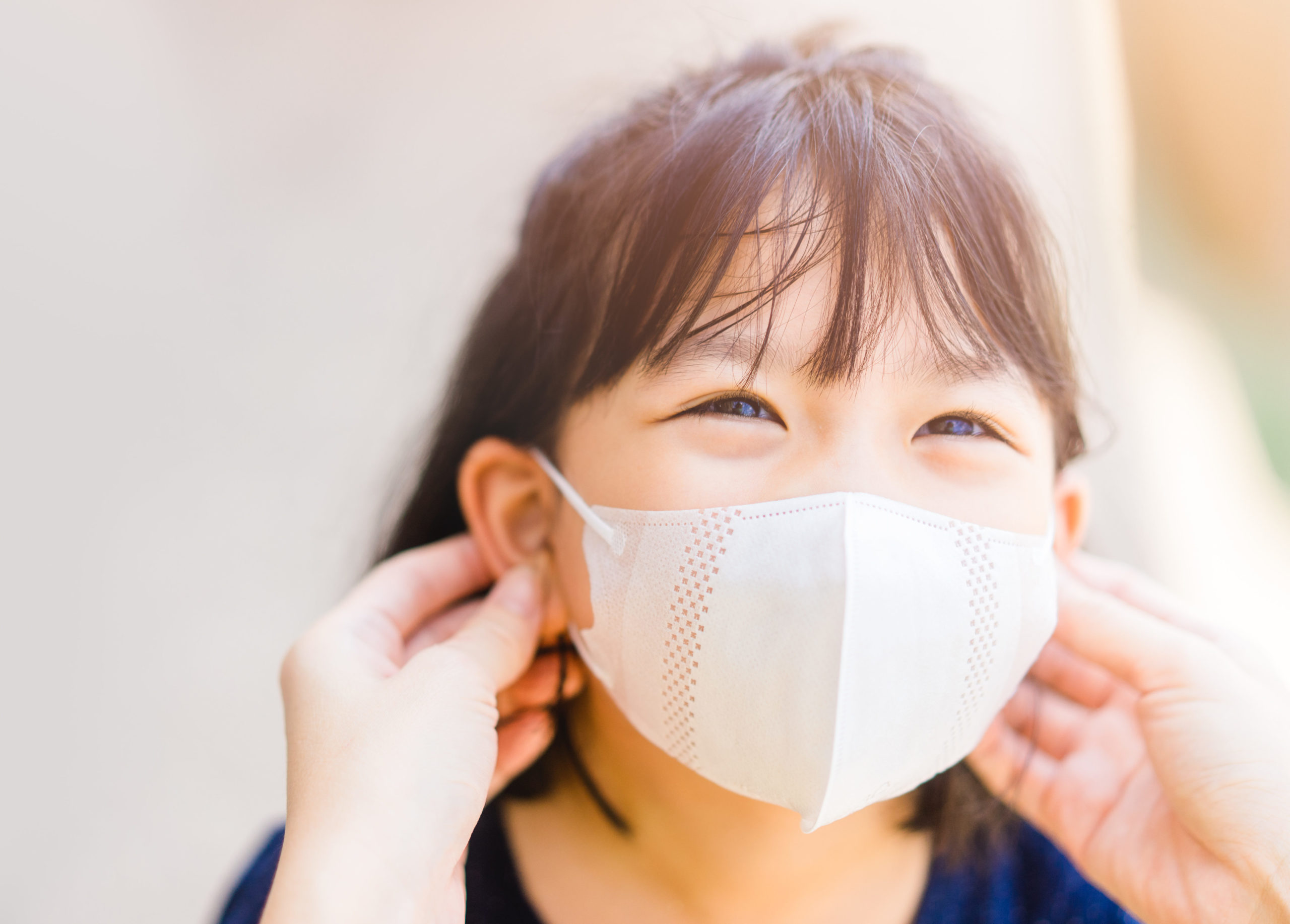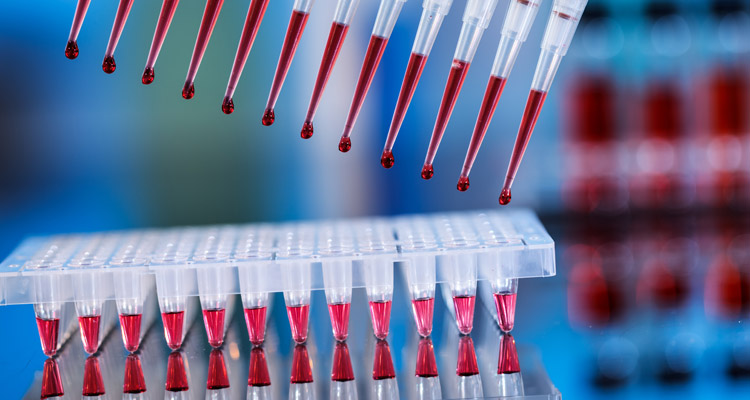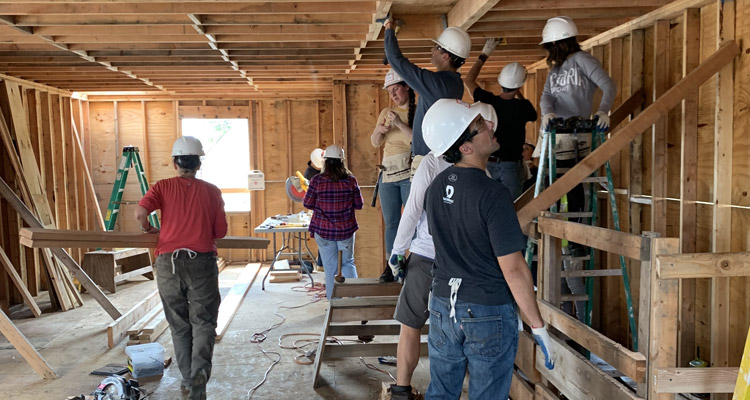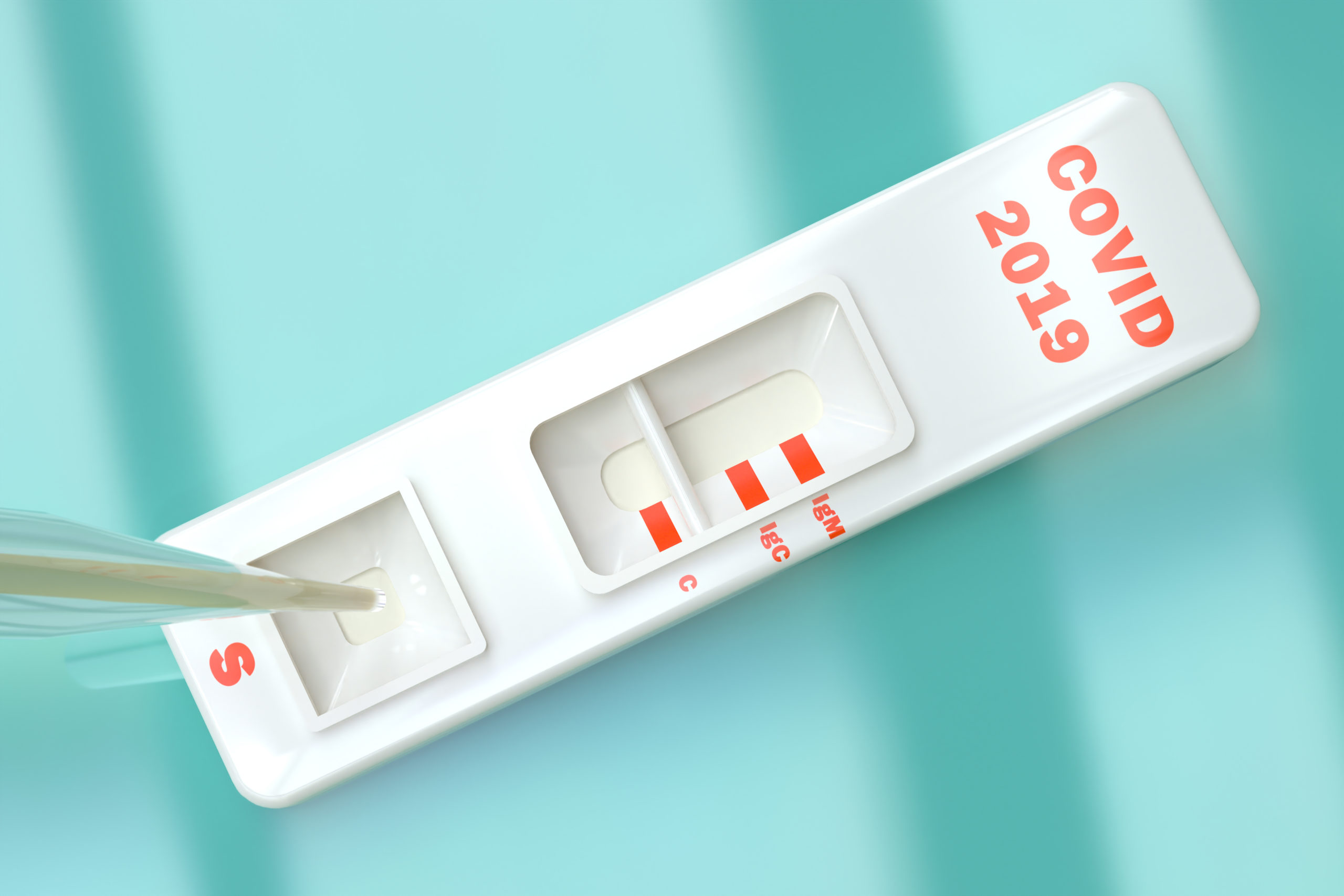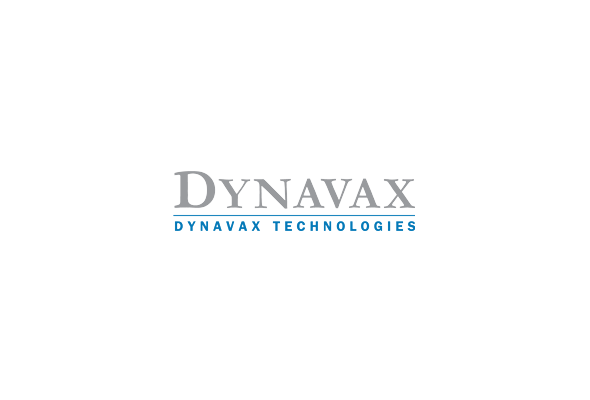BERKELEY, Calif., July 18, 2007 /PRNewswire-FirstCall via COMTEX News Network/ — Dynavax Technologies Corporation (Nasdaq: DVAX) today reported that Deerfield Management, a healthcare investment fund, has committed up to $30 million in project financing to accelerate the development of Dynavax’s allergy franchise. The funding will: (1) finance the company’s late-stage ragweed allergy program, TOLAMBA(TM), specifically a planned chamber study and a subsequent field study; and (2) provide immediate resources to advance Dynavax’s preclinical peanut and cat allergy programs.
“The partnership with Deerfield will allow us to move TOLAMBA forward, produce results quickly, and accelerate parallel development of our specialty peanut and cat allergy programs, with the goal of establishing a robust franchise in disease-modifying treatments for allergic conditions,” stated Dino Dina, MD, president and chief executive officer.
“We believe these allergy programs represent novel therapies that can improve the quality of life for individuals suffering from ragweed, peanut or cat allergies that currently lack effective treatments. Deerfield recognizes that TLR9 is a critical component of the adverse immunologic response in allergic diseases. Given the market opportunities associated with therapeutics targeting these areas, Deerfield has partnered with us in this venture and agreed to share in the development risk. With this project financing, Dynavax can fund a robust, diversified allergy franchise, significantly advance TOLAMBA towards registration, and move peanut and cat into the clinic,” Dr. Dina added.
The company plans to initiate a 300-patient, randomized, placebo-controlled environmental exposure chamber (EEC) study of TOLAMBA in the fourth quarter of 2007. Patients will be screened and selected by exposure to ragweed allergen in the EEC to identify those with confirmed severe ragweed allergic disease. Patients will be enrolled and randomized to placebo or TOLAMBA treatment, then treated and re-exposed in the chamber to determine the effect of the six-week, six-injection TOLAMBA regimen. Efficacy will be measured by the difference in total nasal symptom scores (TNSS) at baseline and after treatment as compared to placebo. Data from this study are expected in the first half of 2008 and, if positive, will be followed by a field study, with a potential BLA submission planned for 2010.
Financing Commitment
Deerfield’s commitment of up to $30 million to accelerate Dynavax’s allergy programs is in the form of non-interest bearing loans that can be drawn down over a three-year period, subject to achievement of specific milestones in the programs. Repayment of a portion of the loans for TOLAMBA is contingent upon the positive outcome of the chamber study and subsequent field study. If the TOLAMBA program is discontinued, Dynavax has no obligation to repay Deerfield up to $9 million of the funds earmarked for that program; any other remaining outstanding principal will be due in July 2010. A portion of the funding, if utilized, will advance the company’s peanut and cat allergy programs. Deerfield will receive an annual 5.9% cash commitment fee as well as milestone-driven payments in the form of warrants issued or issuable at an exercise premium of 20% over the average share price in the 15-day period prior to achievement of the milestone. Deerfield received 1.25 million warrants upon execution of the loan agreement at an exercise price of $5.13 per share. Additional warrants will be issued and priced on successful completion of milestones and, if all milestones are successfully achieved, Deerfield would receive a total of 5.55 million warrants during the term of the loan agreement.
TOLAMBA
TOLAMBA consists of Dynavax’s proprietary immunostimulatory sequences (ISS) linked to the purified major allergen of ragweed, Amb a 1. TOLAMBA is designed to target the underlying cause of seasonal allergic rhinitis caused by ragweed. The linking of ISS to Amb a 1 ensures that both ISS and ragweed allergen are presented simultaneously to the same immune cells, producing a highly specific and potent inhibitory effect and suppressing the Th2 cells responsible for inflammation associated with ragweed allergy. Since ragweed is the most common cause of seasonal allergies, commercialization of a disease-modifying therapy versus a drug that only offers short-term symptomatic relief could dramatically impact the quality of life for the approximately 40 million ragweed allergy patients in the US.
To date, TOLAMBA has been administered to over 1100 patients, and has been safe and well-tolerated. The original Phase 2 study conducted at Johns Hopkins University in 2001-02 showed 55% reduction (p=0.02) in TNSS in the first season which was maintained (p=0.02) in the second season with no additional therapy. This was a single site study with well-characterized, severe allergic patients. The SAR06 Phase 2 study conducted in 2004-05 at 19 centers in the Midwest, Eastern and Southern US showed a 21% reduction in symptoms in the first year (p=0.04) which was also maintained in the second year with no additional therapy (p=0.02). However, the largest study of TOLAMBA (the DARTT study), conducted in 2006 in 738 patients at 30 US sites, failed to enroll patients with measurable ragweed-allergic disease, so the effect of the treatment could not be measured. The chamber study will ensure that study subjects are highly allergic to ragweed prior to enrollment, on the basis of symptomatic response in the chamber.
Peanut Allergy Immunotherapy
Dynavax’s peanut allergy program involves direct linkage of critical peanut allergens to a proprietary TLR9 agonist. This approach is designed to mask the IgE binding sites of the native allergen to ensure the safety of the intervention, and to induce an allergen-specific Th1 to Th2 immune shift, to reprogram the immune response in allergic patients. The company has completed preclinical murine model studies demonstrating efficacy of such a peanut allergy product. Subject to successful completion of additional animal studies and appropriate toxicity studies, with this funding, Dynavax plans to initiate clinical studies in 2009.
Peanuts are the most common cause of severe food allergy reactions. The prevalence of peanut allergy has doubled in recent years, with 1% of the US population, or 3 million people, affected, most notably infants and children. Allergic reactions to peanut can be life-threatening, with 80% of patients experiencing a reaction that affected their ability to breathe and 100 – 150 deaths each year in the US. The healthcare costs associated with this disease are high (epipens, ER visits) and the quality of life impact is significant as patients must practice strict avoidance. There is a tremendous level of unmet medical need in this area; a disease-modifying therapy that would potentially reduce the incidence and severity of reactions would offer significant benefits to patients, families and providers.
Cat Allergy Immunotherapy
Similarly, Dynavax’s cat allergy product involves direct linkage of the major cat allergen to a proprietary TLR9 agonist. Deerfield’s commitment will fully fund preclinical and early clinical studies for the cat allergy program; Dynavax plans to initiate clinical studies in 2009. The company expects the clinical development path for a disease-modifying cat allergy therapy to be focused on challenge studies, in which both patient selection and study timing can be tightly controlled.
Cat allergy is one of the most common indoor allergens and a common cause of allergic asthma exacerbations. Cat allergy affects approximately 15 million Americans and is unique in that patients are often highly motivated to seek therapeutic solutions due to significant quality of life impacts. Current treatment is focused mainly on short-term, symptomatic treatments which offer limited efficacy for patients, with immunotherapy requiring 60-90 injections over 3-5 years, leading to poor compliance and compromised efficacy. A disease-modifying treatment for cat allergy would meet a unique unmet medical need.
Webcast Today
Dynavax will host a live conference call and webcast at 1:30 p.m. PT / 4:30 p.m. ET to discuss the Deerfield funding commitment and the allergy program.
The webcast can be accessed on Dynavax Technologies’ website at http://www.dynavax.com under the Investors tab; at http://www.earnings.com; or via Thomson StreetEvents (http://www.streetevents.com), a password-protected site.
A telephonic replay will be available beginning two hours following the conference call and webcast through July 25, 2007 by dialing 888.286.8010, access code: 2954 3401. International callers can dial +1 617.801.6888, access code: 2954 3401.
About Dynavax
Dynavax Technologies Corporation discovers, develops, and intends to commercialize innovative TLR9 agonist-based products to treat and prevent infectious diseases, allergies, cancer, and chronic inflammatory diseases using versatile, proprietary approaches that alter immune system responses in highly specific ways. Our TLR9 agonists are based on immunostimulatory sequences, or ISS, which are short DNA sequences that enhance the ability of the immune system to fight disease and control chronic inflammation. Our product candidates include: HEPLISAV, a hepatitis B vaccine in Phase 3; TOLAMBA(TM), a late-stage clinical ragweed allergy immunotherapy; a therapy for non-Hodgkin’s lymphoma (NHL) in Phase 2 and for metastatic colorectal cancer in Phase 1; and a therapy for hepatitis B also in Phase 1. Our preclinical asthma and COPD program is partnered with AstraZeneca. The National Institutes of Health (NIH) partially funds our preclinical work on a vaccine for influenza. Symphony Dynamo, Inc. (SDI) funds our colorectal cancer trials and our preclinical hepatitis C therapeutic program. While the NIH and SDI provide program support, Dynavax has retained rights to seek strategic partners for future development and commercialization. For more information, please visit http://www.dynavax.com.
This press release contains forward-looking statements that are subject to a number of risks and uncertainties, including statements about the initiation and timing of clinical trials and potential BLA filing for TOLAMBA, the potential safety and efficacy of TOLAMBA, the potential for TOLAMBA and to meet regulatory requirements, the achievement of the milestones necessary for continued funding of the TOLAMBA program, and the initiation and timing of clinical trials of our cat and peanut allergy product candidates. Actual results may differ materially from those set forth in this press release due to the risks and uncertainties inherent in our business, including difficulties or delays in research and development, initiation and completion of clinical trials, the results of clinical trials and the impact of those results on the initiation and completion of subsequent trials and issues arising in the regulatory process; achieving our collaborative and licensing agreement objectives and obtaining regulatory approval; the scope and validity of patent protection and the possibility of claims against us based on the patent rights of others; our ability to obtain additional financing to support our operations; and other risks detailed in the “Risk Factors” section of our Quarterly Report on Form 10-Q. We undertake no obligation to revise or update information herein to reflect events or circumstances in the future, even if new information becomes available.
SOURCE Dynavax Technologies Corporation
Deborah A. Smeltzer, VP Operations & CFO of Dynavax Technologies Corporation,
+1-510-665-7222, [email protected]
http://www.dynavax.com




